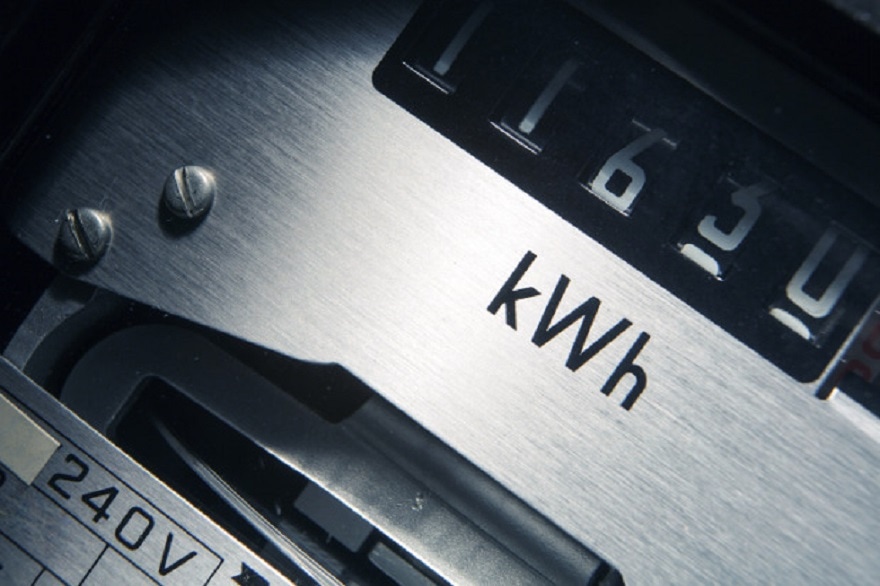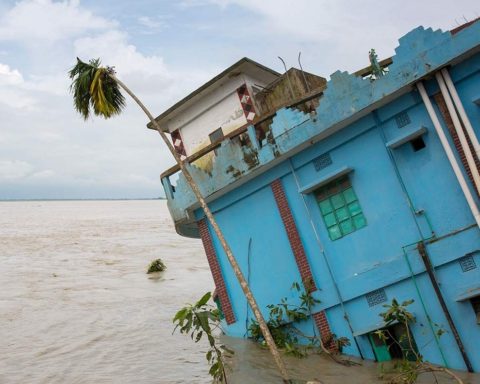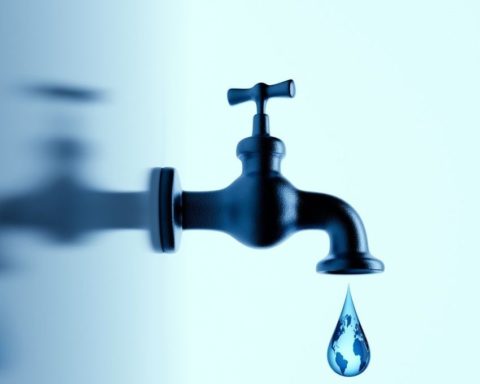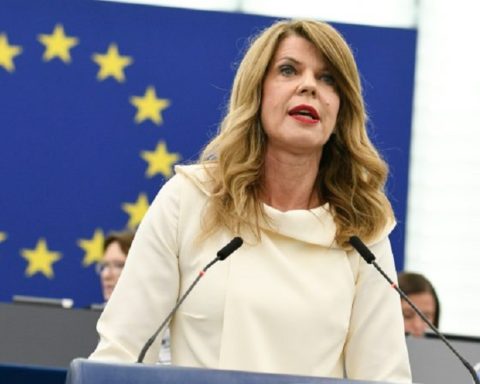For several months now, the Sioux of the Standing Rock Reserve in South Dakota have been opposing a proposed pipeline project that threatens ancestral cultural sites and their water sources. The infrastructure, which aims to facilitate the exploitation of the region's shale oil, has received financing from several major international banks, including BNP Paribas, Crédit Agricole, Société Générale and Natixis. Curious because since COP 21, some banks have pledged not to finance projects that would be bad for the planet...
Photo: Gidagaakonz Mooz Ndootem
Dor several months now, hundreds of Sioux in South Dakota have been opposing an oil pipeline project that threatens both their drinking water sources and ancestral sites. Their fight against the Dakota Access Pipeline has succeeded in attracting the world's attention. At the end of October, opponents were severely repressed by law enforcement officials, who made more than 100 arrests. Behind this pipeline project are certainly American oil interests, galvanized by the election of Donald Trump to the presidency, but also international financial interests, including those of the major French banks.

Photo: Robyn Beck Agence France-Presse - This September 3, 2016 photo shows Sioux and their supporters in front of excavators on the construction site of the controversial North Dakota pipeline.
The 1,800-kilometre Dakota Access Pipeline is designed to transport shale oil extracted in North Dakota to the eastern and southern United States and beyond to the rest of the world. The Sioux of the Standing Rock Reserve oppose the pipeline on their traditional lands along the Missouri River (read Winona LaDuke's testimony). They have gained the support of many other tribes in the United States and beyond, as well as climate justice activists. Faced with a local government fully committed to the project and a divided Obama administration [1], one of their main targets are the major international banks that finance the project and the companies that carry it.
More than a billion dollars from French banks
According to the figures compiled by the NGO Food and Water WatchFrench banks are involved at several levels in the Dakota Access Pipeline project, for sums in excess of $1 billion. Crédit Agricole, Natixis and Société Générale are among the banks that have granted a $2.5 billion loan specifically to finance the construction of the pipeline.
BNP Paribas, Crédit Agricole and Natixis are also financing the two firms carrying the project, Energy Transfer Partners and Energy Transfer Equity. Total financial exposure of the French banks: nearly $450 million for BNP Paribas, nearly $350 million for Crédit Agricole, $180 million for Natixis and $120 million for Société Générale.

A coalition of environmental organizations such as Greenpeace and Friends of the Earth has addressed an official letter to the association of the "Equator Principles" - a group of banks boasting their social and environmental responsibility - to be surprised that their members are involved in such a problematic project for the environment and for the rights of indigenous people, in total contradiction with their commitments. All major French banks officially adhere to the Equator Principles. Only two of the main banks involved in the project, Citigroup and the Norwegian DNB, have officially reacted to these criticisms, the former by assuring that it was encouraging Energy Transfer Partners to enter into dialogue with the Sioux, the latter by announcing that it would reconsider its financing [2].
The banks are now under pressure from environmental NGOs campaigning to encourage them to divest from coal, the most polluting of all fossil fuel sources. On the occasion of the 22nd Climate Conference in Marrakech, Crédit Agricole, Société Générale and BNP Paribas again makes announcements about their withdrawal of coal and their climate commitments. This movement does not concern oil and gas at all, even when it comes to particularly problematic or polluting projects.
"We've suffered under every American president."
The election of Donald Trump as President of the United States is not a happy one for the Standing Rock Sioux and other opponents of the pipeline. The new president has close financial ties with Energy Transfer Partners and Phillips 66, two companies behind the project, who supported him in his campaign. And his new Energy Secretary may well be Harold Hamm, the boss of the oil firm Continental Resources, which has a strong presence in the Bakken shale oil field and is therefore highly interested in exporting it. The Sioux claims may not be heard at all in Washington.
"I know there are some who are worried about the new president, a reacted one of the Standing Rock activists, but I remind you that we have suffered under every American president since the very establishment of America... We must continue to resist and defend our right to life. »
Under such conditions, pressure on the banks becomes all the more necessary.
Source: Olivier Petitjean, multinationals.org - 14/11/2016
1] Since the federal agencies had already granted the necessary authorizations, the Obama administration had asked the promoters to suspend the project while they reconsidered their decision and studied alternative routes.












